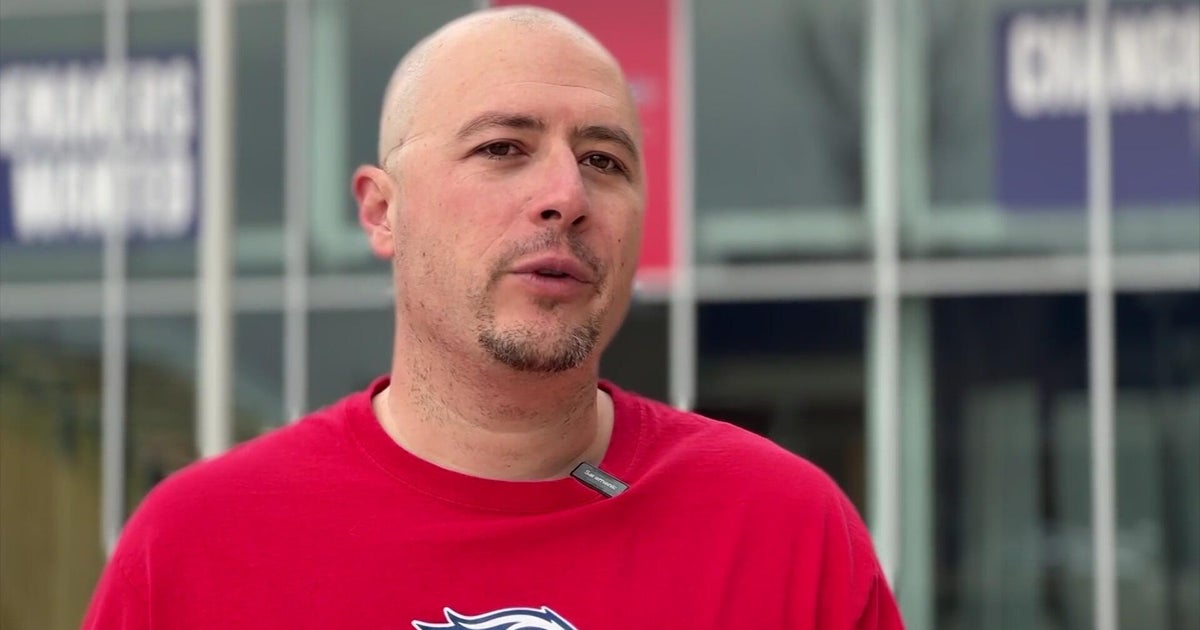Tell Me Why: Experts answer trending questions about daylight saving time
Daylight saving time ends this weekend and clocks will be going back one hour and standard time resumes. In each of the time zones where daylight saving is observed, the time changes at 2 a.m. local time on Nov. 5.
One hour doesn't seem like much, some health effects are associated with the change.
One in five adults said the time change has affected their mental health in a negative way, according to a poll from the American Psychiatric Association that was conducted in September.
Satchin Panda, a professor and expert in circadian rhythm, said that adults can throw off their schedules when the time changes, like when we eat or workout. When physical activity is limited, it can impact our health.
"It's all about light, we have to figure out how to get daylight since winter days will be shorter," Panda said. "Daylight is the best antidepressant. Being outside for just 30 minutes to an hour is enough to uplift our mood, resynchronize our brains and circadian rhythm."
Doing as little as opening your bedroom curtains when you wake up can make a difference, Panda said.
Save Standard Time, founded by Jay Pea, is a campaign to end daylight saving time and to not lose standard time.
They campaign on social media and try to work with doctors and community leaders to spread the word. They also work with state and federal leaders.
What is daylight saving time?
It's when there's more daylight in the summer and less in the winter. In the summer, we're able to get out and enjoy more sunlight, but in the winter, we're going to work and school when it's dark out.
It's also known as springing forward or falling back. On Nov. 5, we're going to fall back.
Could daylight saving time end permanently?
Two Florida Republicans introduced the Sunshine Protection Act of 2023 in March to make daylight saving time permanent after the proposal faltered in the last Congress, but so far the bill hasn't made any significant inroads, all but guaranteeing that most Americans will have another year of changing their clocks.
Pea says he wants daylight saving time to end permanently and many politicians are on board, too. His goal is to have it eliminated in a matter of years.
It already ended in Arizona 50 years ago, as well as Hawaii and some U.S. territories.
What are some side effects in children from the time change?
Kids can show more signs of irritability or sleepiness if they are lacking sleep due to the time change, similar to adults.
Dr. Michelle Caraballo, pediatric pulmonologist and sleep medicine specialist at Children's Health and associate professor at UT Southwestern Medical Center, suggests avoiding strenuous activities or overstimulating your child before bedtime.
What are some tips to help adjust to the time change?
Caraballo said that when it comes to children and daylight saving time, adjusting sleep schedules prior to the time change can help.
Try changing bedtimes 15 minutes earlier each night to make the transition more smooth.
Panda says adults should find some time in the late afternoon to do physical activity.
"Late afternoon exercise afternoon is good because we have better motor coordination," he said. "The risk of falling is low....it's also the time to reassess our sleep time."
Hear more about daylight saving time and tips to adjust in the player above.







